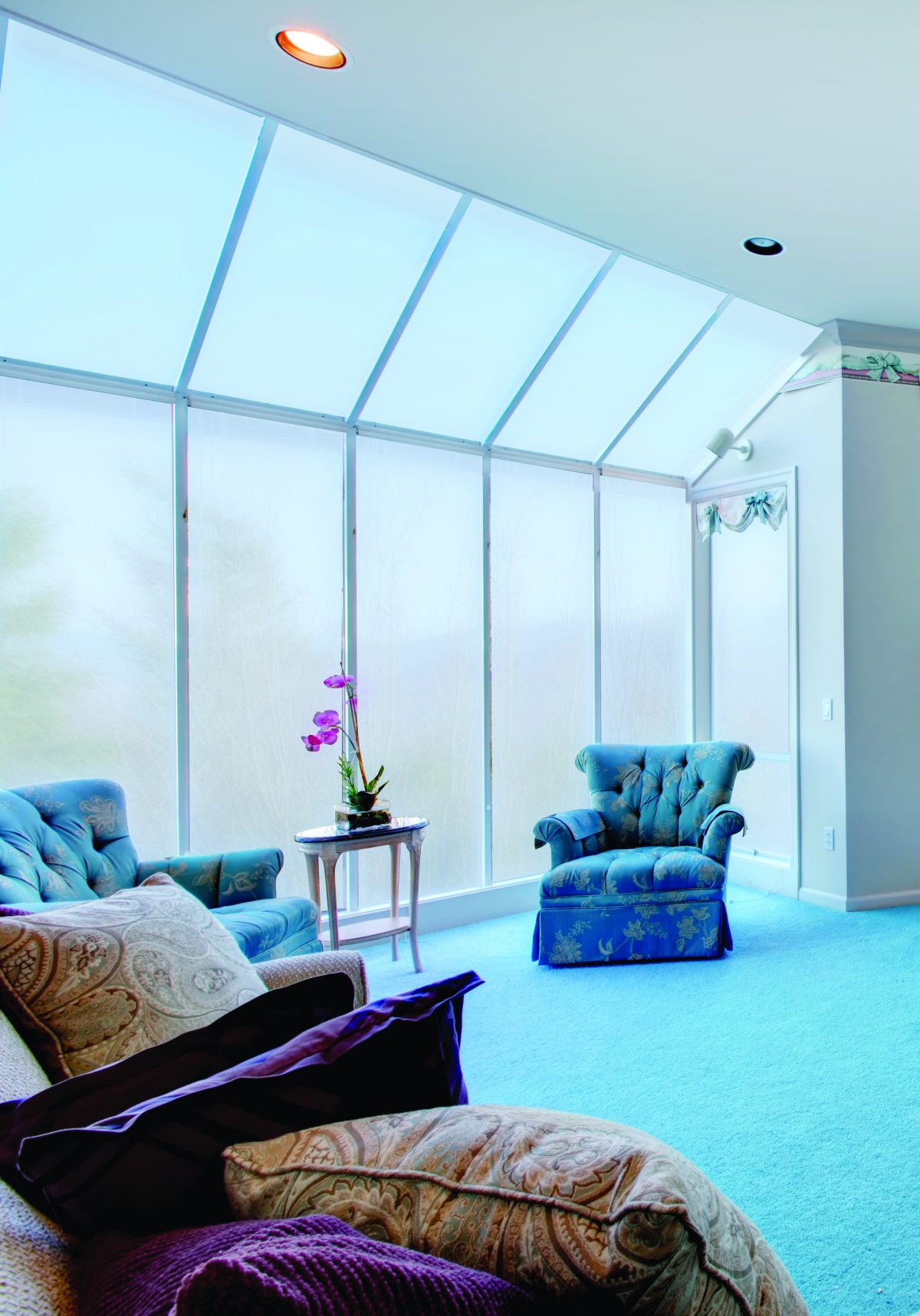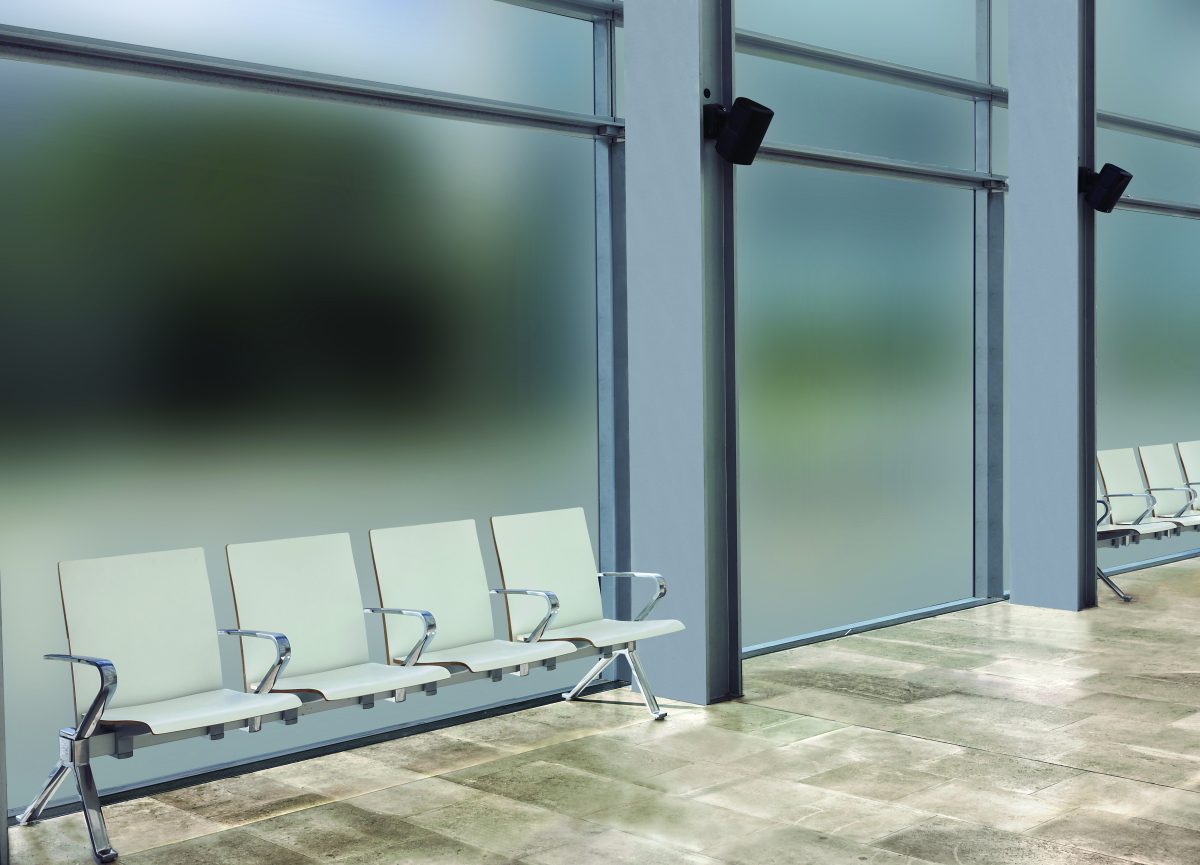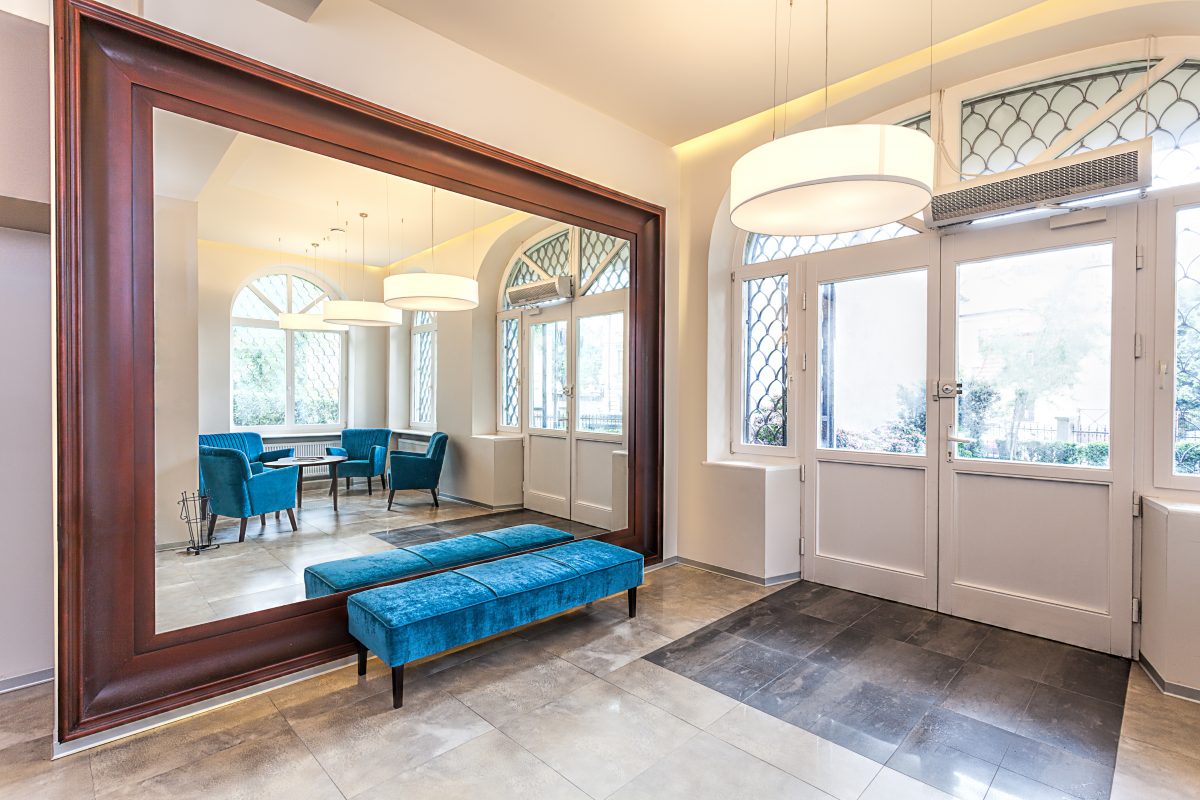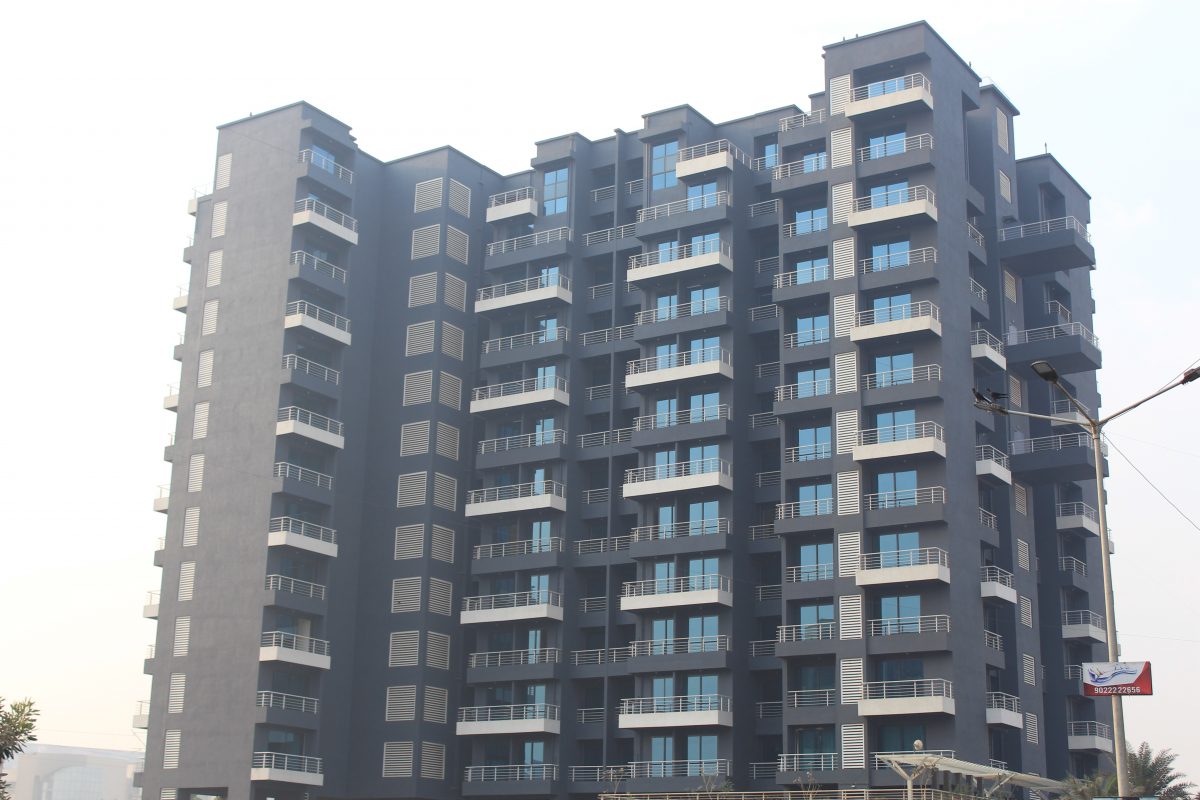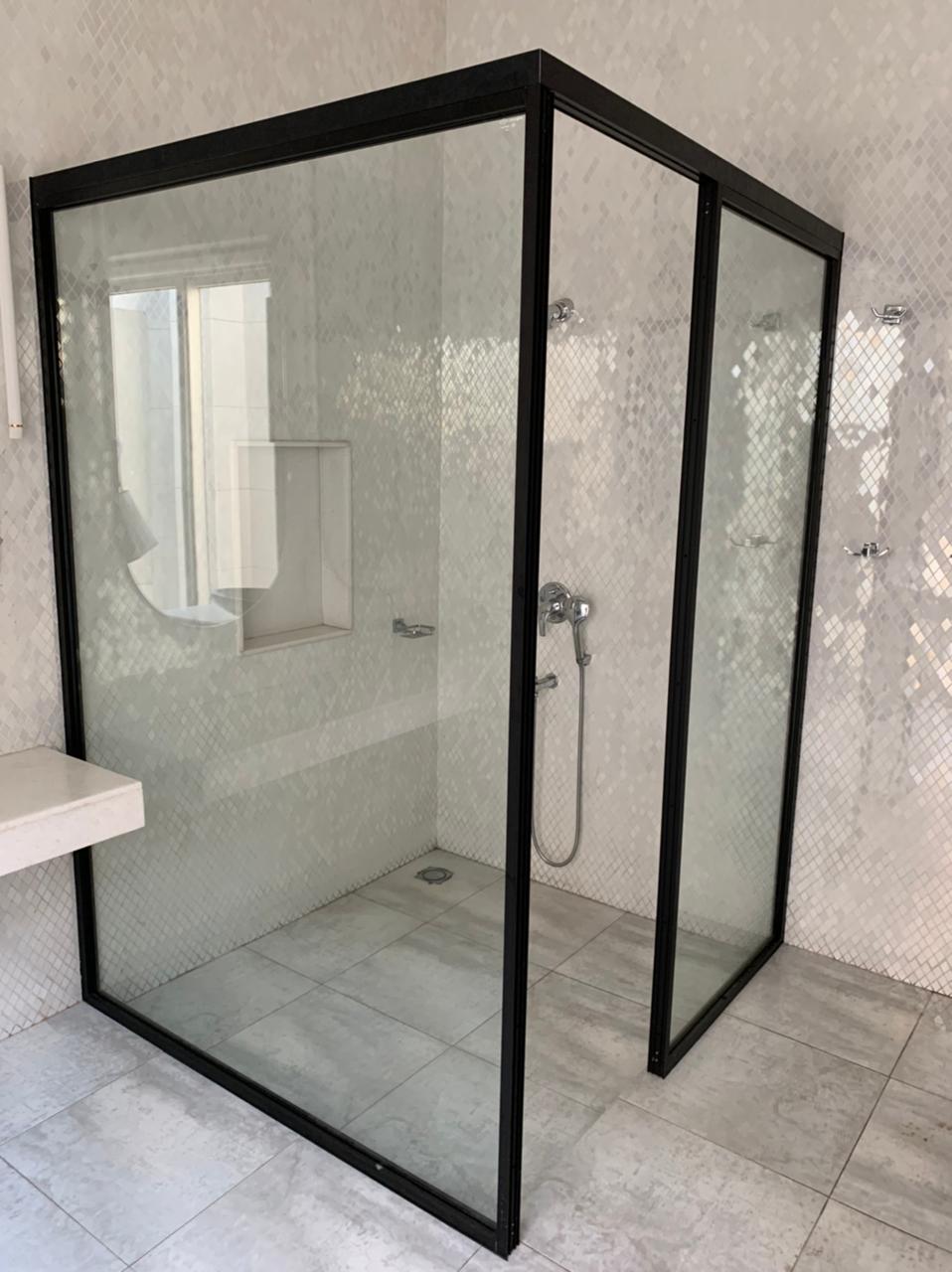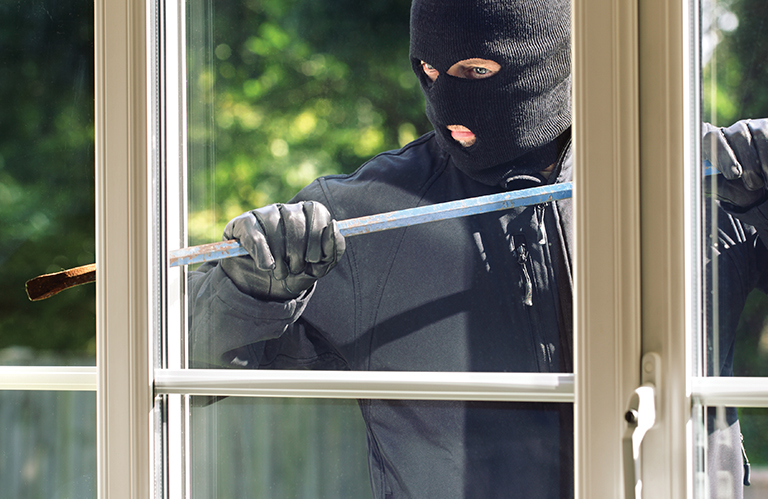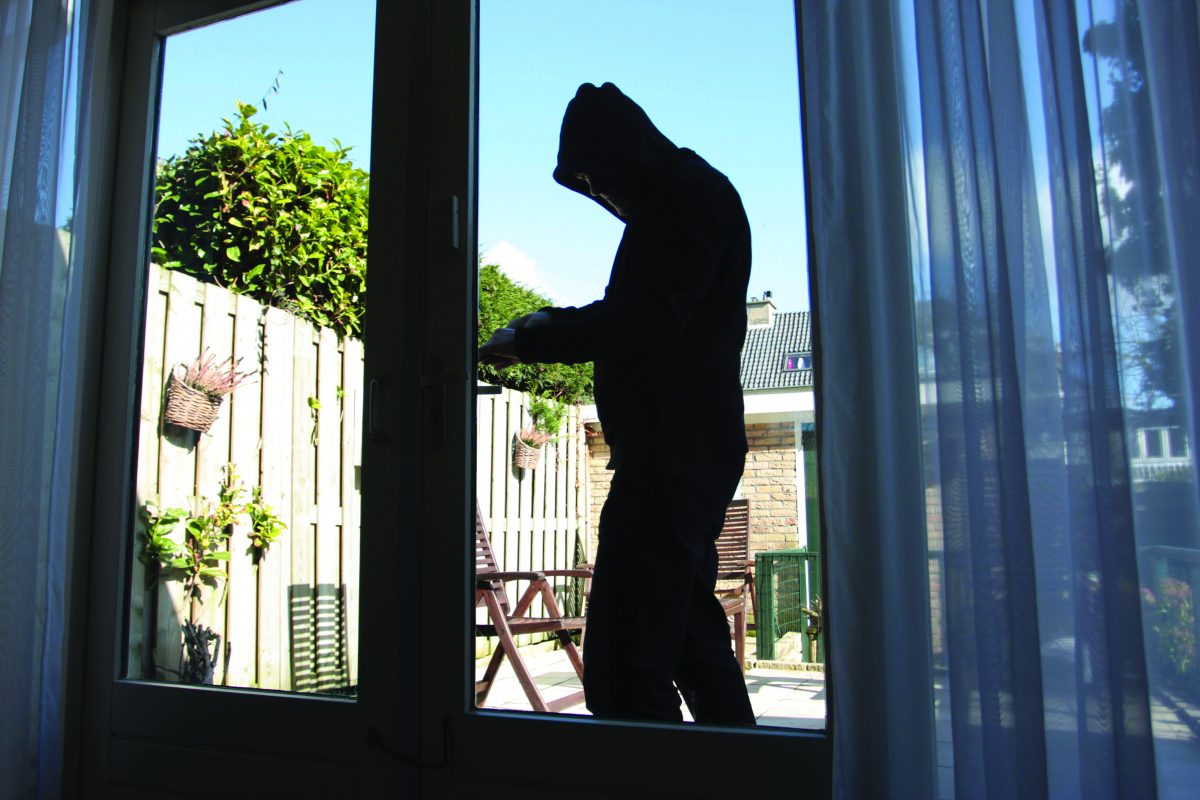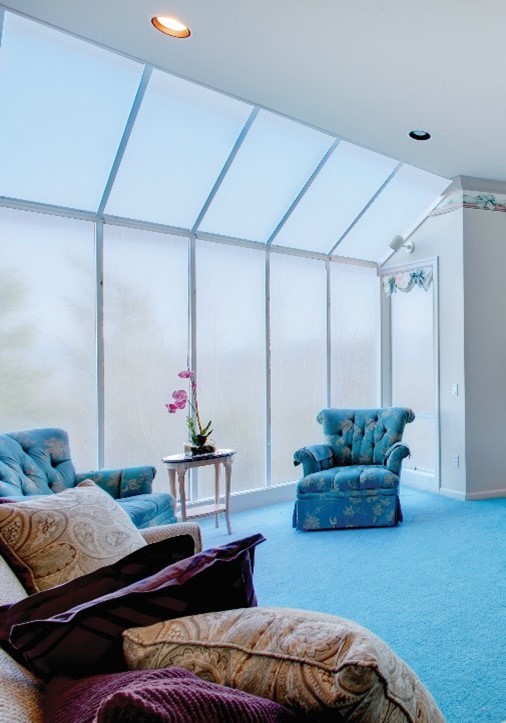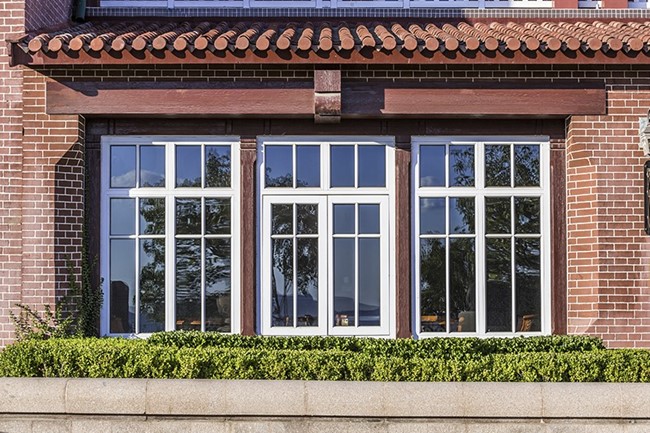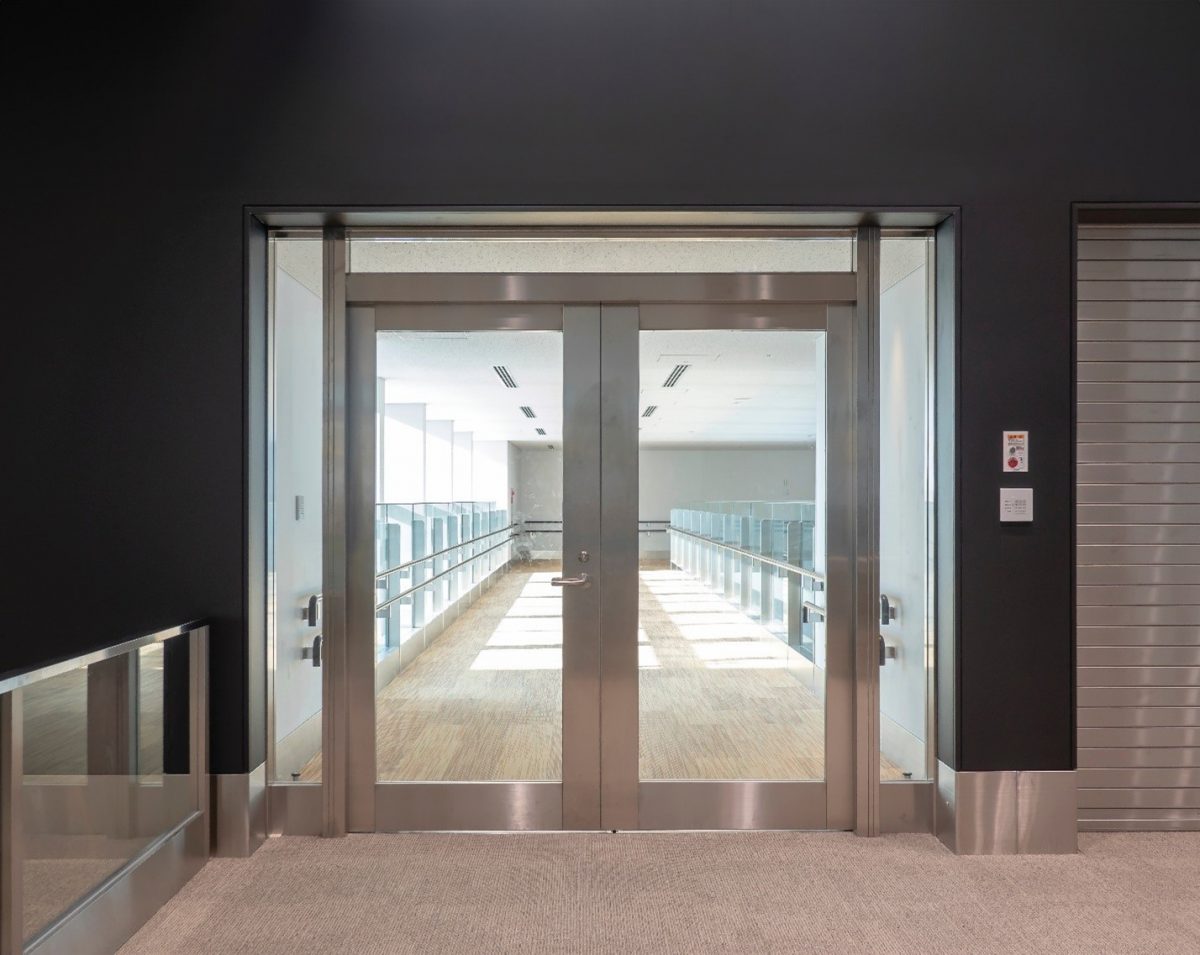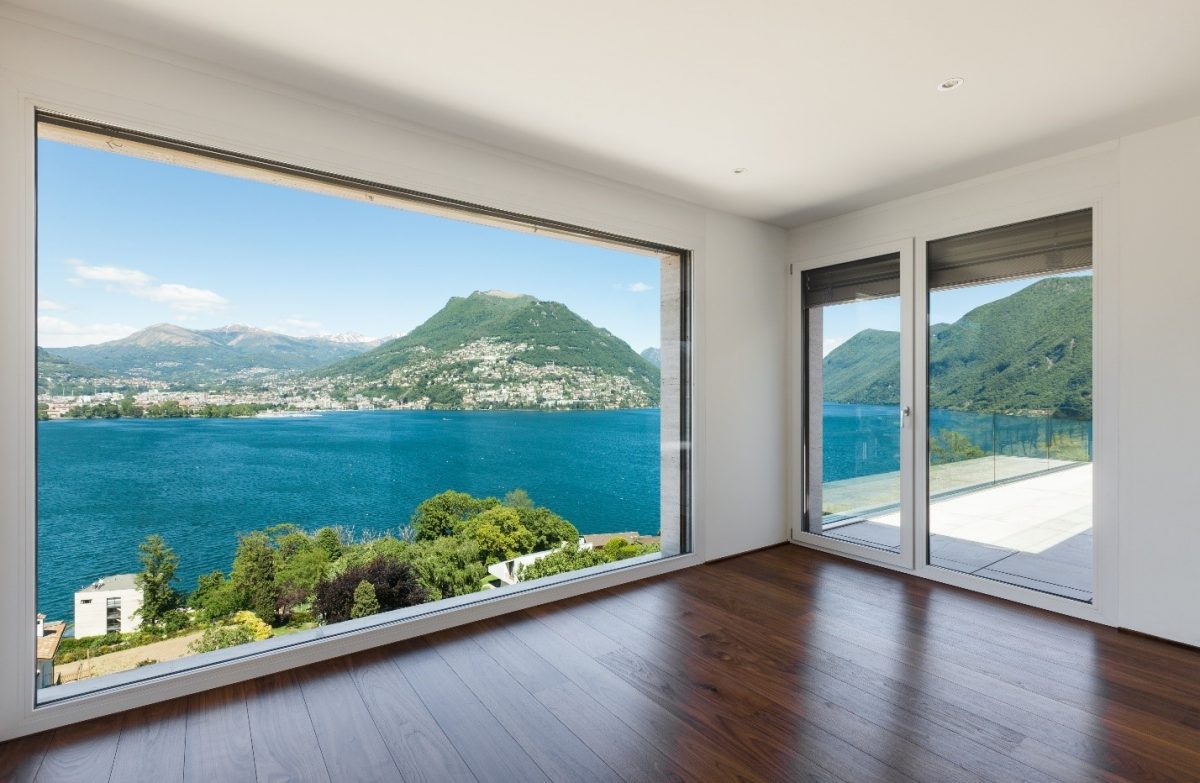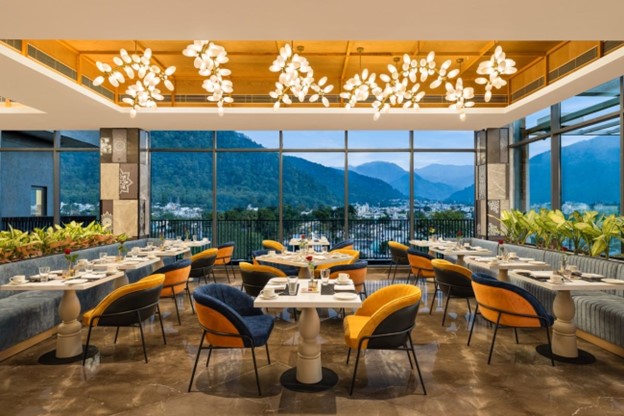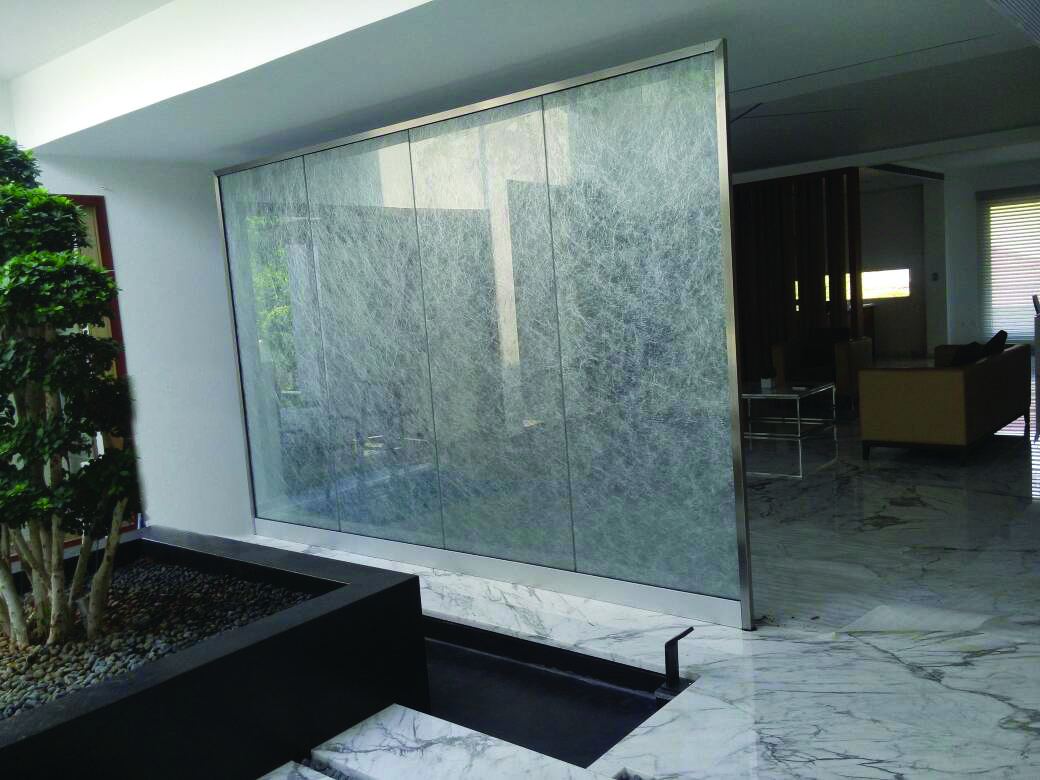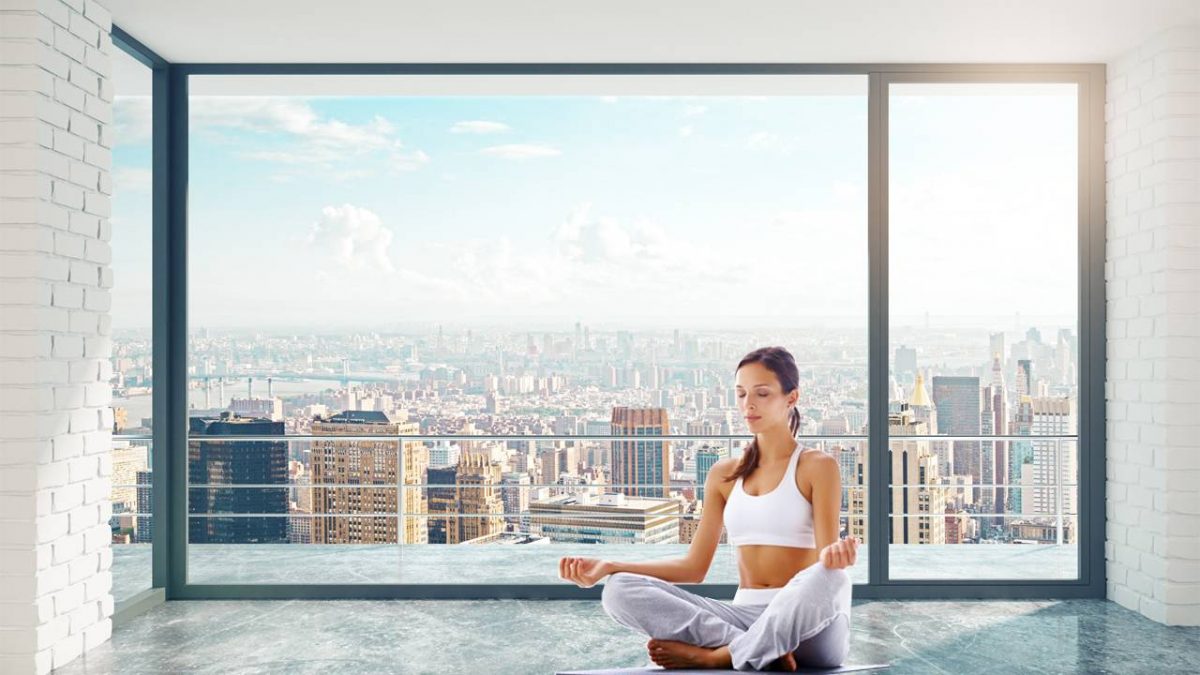Smart glass technology is the ultimate superpower for buildings and spaces. With this innovative technology, users can effortlessly control the amount of sunlight entering a space with just the click of a button.
Also known as switchable glass, smart glass is considered ideal for a wide variety of applications, from residential premises to commercial spaces and beyond.
This post will showcase the versatility of smart glass, highlighting its numerous applications and benefits across different industries.
Smart Glass: A Next-Generation Building Material
Smart glass can change its opacity and transparency levels in response to an electrical signal given through an electric switch or remote control device.
This high-tech, dynamic material seamlessly transitions from transparent glass to opaque or frosted glass at the switch of a button, providing instant privacy and control over sunlight, heat and glare entering the space.
Residential Applications of Smart Glass
- Glass Doors: Smart glass boasts excellent intrusion and impact resistance properties which make it a good option for residential glass doors.
By installing smart glass doors in various areas of the home, such as entrances, patios and rooms, you can create a sense of openness or enjoy privacy whenever needed.
- Windows: Smart glass effectively blocks harmful UV rays while offering design flexibility.
You can use this glass for windows in your living room, kitchen or bathroom to reduce energy consumption and add comfort and convenience to your space.
- Skylights: A smart glass skylight system can offer natural light and ventilation while minimising heat transfer and UV damage.
- Shower Enclosures: Smart glass shower enclosures can switch from transparent to opaque in less than 10 microseconds, allowing users to control the level of privacy and adding a touch of luxury and sophistication to bathroom design.
Commercial Applications of Smart Glass
- Retail Forefronts: With smart glass, you can transform your storefront into an interactive and engaging platform, attracting more and more customers while maintaining optimal security.
- Doors and Partitions: Smart glass offers on-demand privacy by quickly switching between transparent and opaque modes, making it an ideal option for doors and partitions in commercial spaces, such as offices, retail outlets and restaurants.
- Facades: Choose smart glass for commercial buildings (office towers, banks, shopping malls, airports, resorts) and prevent the sun’s heat from getting in, saving power and bringing down energy bills.
- Display Cases: High-end jewellery stores, boutiques and retail stores can use smart glass display cases to showcase their latest collections. This can give customers an immersive experience without compromising on security.
- Office Cabins or Cubicles: Use smart glass for your office cabin/cubicle to reduce noise levels, minimise energy consumption and regulate visibility as per your privacy needs.
- Projector Screen: Create the ideal backdrop for your project’s visual content with smart glass projector screens.
Specialised Applications of Smart Glass
- Automotive: Elevate your driving experience and get your standard windshields replaced by smart glass, a perfect way to reduce glare, UV rays and heat entering the car.
- Transportation: Smart glass is the most suitable option for train and aircraft windows, helping create a more enjoyable travel experience for passengers.
- Healthcare: Replace blinds and curtains with smart glass and get an elegant and more efficient glass solution for controlling light and privacy in patients’ rooms. This can improve patient comfort, promote a restful environment and support faster recovery times.
- Education: Upgrade classrooms with smart glass whiteboards, windows and doors and create engaging and collaborative spaces, providing students with a more comfortable and technologically advanced learning atmosphere.
- Museums and Galleries: Protect priceless artefacts from UV rays and develop dynamic, flexible exhibits with smart glass, reducing glare to optimise the viewing experience for visitors.
Conclusion
The versatility of smart glass technology is transforming various sectors and spaces, from residential and commercial premises to educational institutions, healthcare facilities and the automotive industry.
As the demand for smart glass rises, it is crucial to choose a reliable glass company that offers high-quality and innovative smart glass products.
This is where AIS Glass comes in with its top-of-the-line products and solutions, meeting functional needs aesthetically.
Take your space’s versatility to the next level. Choose AIS Glass and get smart glass in a variety of tints, expertly crafted to meet your space’s aesthetic needs.

